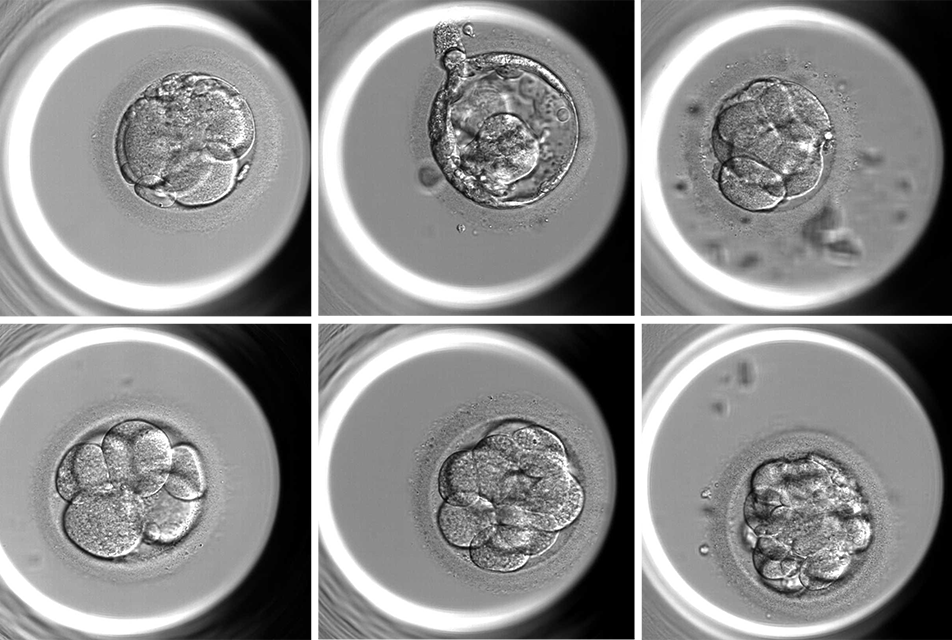AI-based tool can assist embryologists in determining both the embryo quality score and ploidy status, providing a comprehensive assessment of the embryo. Courtesy of Suraj Rajendran.
A new artificial intelligence-based system can accurately assess the chromosomal status of in vitro-fertilized (IVF) embryos using only time-lapse video images of the embryos and maternal age, according to a study from investigators at Weill Cornell Medicine.
The new system, called “BELA,” and described in a paper published Sept. 5 in Nature Communications, is the team’s latest AI-based platform for assessing whether an embryo has a normal (euploid) or abnormal (aneuploid) number of chromosomes—a key determinant of IVF success. Unlike prior AI-based approaches, BELA does not need to consider embryologists’ subjective assessments of embryos. It thus offers an objective, generalizable measure and, if its utility is confirmed in clinical trials, could someday be used widely in embryology clinics to improve the efficiency of the IVF process. “This is a fully automated and more objective approach compared to prior approaches, and the larger amount of image data it uses can generate greater predictive power,” said study senior author Dr. Iman Hajirasouliha, associate professor of physiology and biophysics and a member of the Englander Institute for Precision Medicine at Weill Cornell Medicine. Read more…


